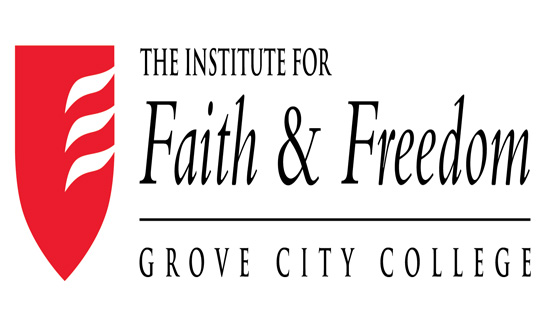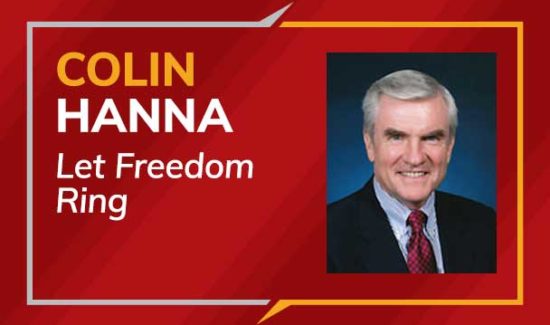In 2013 Expect the Unexpected
In 2012, Pennsylvania had quite a year, not a year everyone will want to remember, but certainly a year few will be able to forget. Consider some of the highlights of a year filled with dramatic, often disturbing and frequently surprising moments.
Early in the year, a beloved football icon dies in the midst of a messy investigation involving embarrassing questions about how his program may have abetted the decade’s long career of a notorious pedophile. Later in the year, that pedophile’s public trial and conviction attracted vast national attention, mesmerizing the state’s media and much of its citizenry more than any trial in memory.
In electoral politics, a former Pennsylvania U. S. Senator, possessing little organization or money and rejected by voters for reelection only six years earlier, nevertheless, makes an unlikely run for the GOP nomination for president, coming closer to winning than any Pennsylvanian in fifty years.
Then in July, the long awaited "Freeh report," authored by former FBI Director Louis Freeh, was released, pouring scathing criticism on Penn State University for "callous and shocking" efforts to cover up child sexual abuse allegations in order to avoid bad publicity. In early November, former Penn State president Graham Spanier was indicted for what one source called a "conspiracy of silence" in the case.
Along the way, former state legislators continue to fill out change of address forms after conviction for various and sundry offenses in the seemingly perpetual "bonusgate scandal." Among the political casualties are two former Speakers of the House.
Meanwhile, a political neophyte, Kathleen Kane, becomes the first Democrat ever to win election to the office of attorney general, leading the Democratic ticket, garnering more votes than Barack Obama or Bob Casey.
And these are just the highlights of this tempestuous year.
What most, if not all, of these epochal events have in common is that they were not predictable. But that hardly makes 2012 an unusual year. A truly unusual year would be one we "know" what will happen and it does. There aren’t many years like that, and we expect 2013 won’t be one of them. In short, Pennsylvania watchers should expect the unexpected in 2013. In that spirit, we offer a lucky seven things that won’t happen in Pennsylvania in 2013. We expect they won’t, which means some of them probably will.
Pennsylvania’s most improbable probabilities for 2013
• Governor Tom Corbett, emulating his secret hero LBJ (who knew?) announces he will not run for reelection so he can work on the mountain of problems confronting the state. The governor endorses no successor preferring to avoid distractions to his work.
• The Pennsylvania legislature gets religious on gun control, passing one of the strictest gun laws in the nation. The state’s NRA applauds the legislature’s leadership on the issue, announcing it will support "generously" for reelection each legislator who votes for tougher gun regulations.
• Pennsylvania’s dire pension crisis abates as a resurgent economy and the biggest bull market since World War II erases funding shortfalls taking the pressure off both the state and local school districts. State employee unions volunteer to scale back pension benefits to guarantee future stability of the system.
• Pennsylvania’s controversial Voter ID law is rescinded as supporters publicly acknowledge it as unworkable. One leading state Republican is quoted as saying, "giving up voter suppression tactics might not be the smart thing to do, but it’s the right thing to do."
• The state legislature votes to reduce the size of legislature by 50 percent. The popular proposal goes to the electorate as a constitutional amendment. Some 100 legislators have voluntarily agreed to give up their seats and return to private life to make the transition as smooth as possible. At least a dozen plan early resignations.
• Simultaneously, the state legislature votes for term limits that will limit a house member to four two-year terms and a senator to two four-year terms. Members will not be eligible for reelection again in their lifetimes, and the General Assembly will officially be designated a "citizens legislature." Pensions for legislators are abolished and campaign funds remaining upon a member’s retirement will go to the state’s general fund.
• Pursuing a package of electoral reforms, the General Assembly caps it by passing the strictest campaign finance law in the nation, sharply limiting the sources and uses of campaign contribution, making it illegal for lobbyists to contribute to any campaign and authorizing the state auditor general to audit campaign contributions made to any elected official.
• Pennsylvania adopts Senator Pileggi’s Electoral College proposal, awarding future electoral votes proportionately according to the popular vote. Pennsylvania initiates a wave of change in states controlled by Republicans.
If most of these forecasts seem unlikely in 2013, that’s really the point. A year ago, how many of the events recounted above were predicted or expected? Yogi Berra said it best: "It’s hard to make predictions, especially about the future."
If we expect the unexpected in 2013, we aren’t likely to be disappointed.
follow on Twitter | friend on Facebook | forward to a friend
Copyright © 2012- G. Terry Madonna and Michael L. Young, All rights reserved
Our mailing address is:
Center for Politics and Public Affairs
415 Harrisburg Ave
Lancaster, PA 17603





